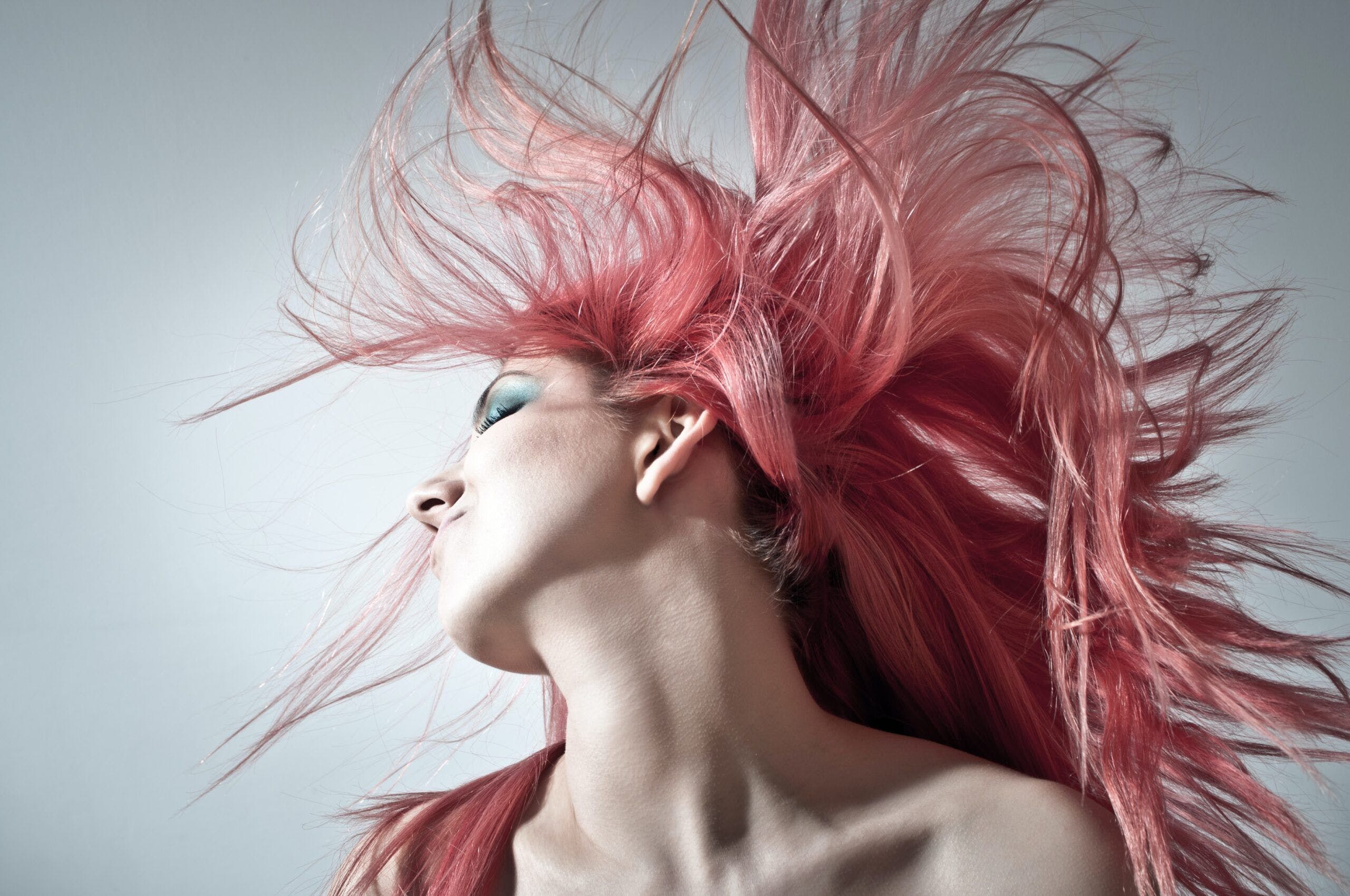If you travel frequently, you probably notice that every place you visit seems to have an effect on your hair. You can depart from your home country with soft and bouncy locks, then return with frizzy and unruly tresses. But you didn’t change anything in your routine, so how is that possible?
Good and bad hair days are determined by the weather, air quality, the food you eat, and even the water you use for bathing. Your haircare routine, of course, is another factor at play. Sometimes, the products you use don’t mix well with the external factors affecting your locks. So before going anywhere, see all the ways traveling can affect your hair below:
1. The texture of your hair depends on the weather.
Humid days cause your hair to absorb water vapor from the air. This could break down the molecular structure of your locks. If your hair is fine, excess moisture can weigh the strands down, making your locks appear limp. If your hair is thick, the effect will be the opposite, but instead of a more luscious volume, the excess moisture will result in frizz.
Your hair can be healthier in a place with a dryer climate, as long as the air isn’t too dry. Without humidity, your hair and scalp will lack essential moisture. It may result in dandruff, thinning hair, and rough ends.
Heat also troubles your locks. Direct sunlight can have a similar effect on your hair as heated styling tools. It dries out the strands, makes them prone to breakage, and strips off their color.
To keep your hair well-moisturized no matter the weather, bring hair care products appropriate for the climate of your travel destination. If you’re headed to a cold region, pack on moisturizing products. If you’re bound to the tropics, bring sunscreen for your hair. Be flexible in your hair care routine when traveling.
2. The airplane cabin can dry out your hair.
The changes in your hair can start right inside the plane. The recirculating air in the cabin draws out moisture from your scalp. If you also notice the rest of your skin becoming flaky whenever you’re inside the plane, your scalp is surely suffering the same texture. So before boarding,treat your hair with a moisturizing product, and reapply it in the middle of your flight if it will take several hours.
3. Soft water and hard water have different effects on your hair.
If you notice white, flaky substances around the showerhead and faucets in your hotel, the place is using hard water. On the other hand, if there’s a slight salty taste in your hotel’s tap water, that’s most likely soft water.
Hard water contains high levels of calcium and magnesium ions. Those ions can alter the pH levels of your skin, including your scalp, resulting in dry hair. Soft water, meanwhile, is packed with sodium instead of calcium and magnesium, explaining its slight saltiness. It has a better effect on your hair because it develops a healthier lather from your shampoo. It also rinses off hair care products better, unlike hard water, which tends to leave a very thin film on your skin as you rinse. As such, soft water allows you to rinse faster, which helps preserve the natural oils in your scalp and hair.
4. Seawater can be good and bad for your hair.
Seawater is rich in vitamins and minerals that are beneficial for the skin. It can even treat eczema and psoriasis naturally. If you’re suffering from the falling hair, the sea may also aid in your tresses’ regrowth, since a well-moisturized scalp promotes faster hair growth. .
Seawater is a good natural treatment for thinning hair and also helps how to regrow edges of African American hair such as moringa for hair regrowth shampoos.
But if you have dyed hair, the sea may not be the friendliest to your locks. The sea salt will roughen the surface of your hair, opening up its cuticle in turn, and making the color fade. Combined with direct sunlight, sea salt will rob your hair of its vivid dye faster.
To keep your hair dye from fading at the beach, protect it with hair oils like pure argan oil, or a color-locking leave-on conditioner. Try not to swim during the peak hours of sunlight too.
5. Chlorine damages your hair.
Some people complain of having green hair after a dip in the pool. That effect isn’t actually caused by chlorine, but by the copper that chlorine has oxidized. It gets absorbed by your hair, hence its greenish hue.
In addition, chlorine strips off your hair’s natural oils, leaving it dry and tangled. Protect your hair in the pool by wearing a swimming cap, or treating with it an oil or a leave-on conditioner.
Your travels will be more fun if you make every day a good hair day. Beat the elements by using the right hair care products, and by going easy on your locks. Excessive styling isn’t necessary if your hair gets all the nutrients it exactly needs.


Comments are closed.